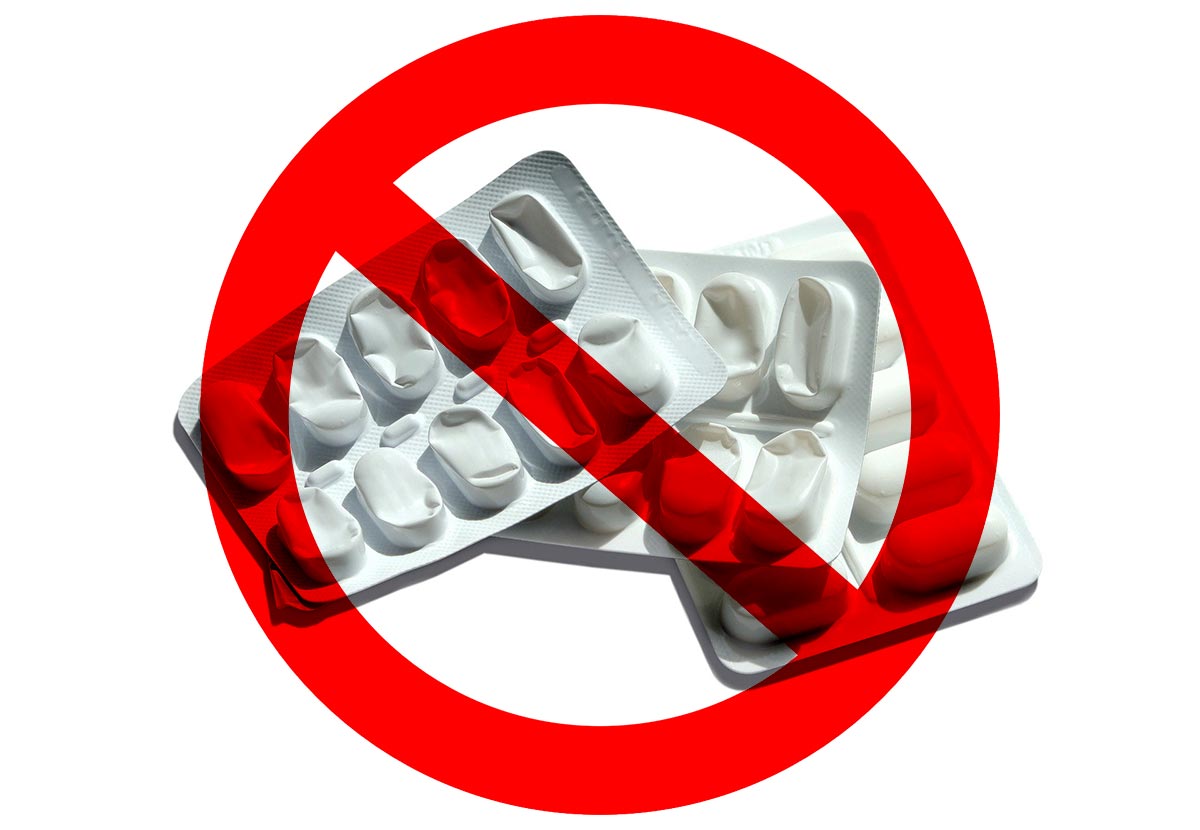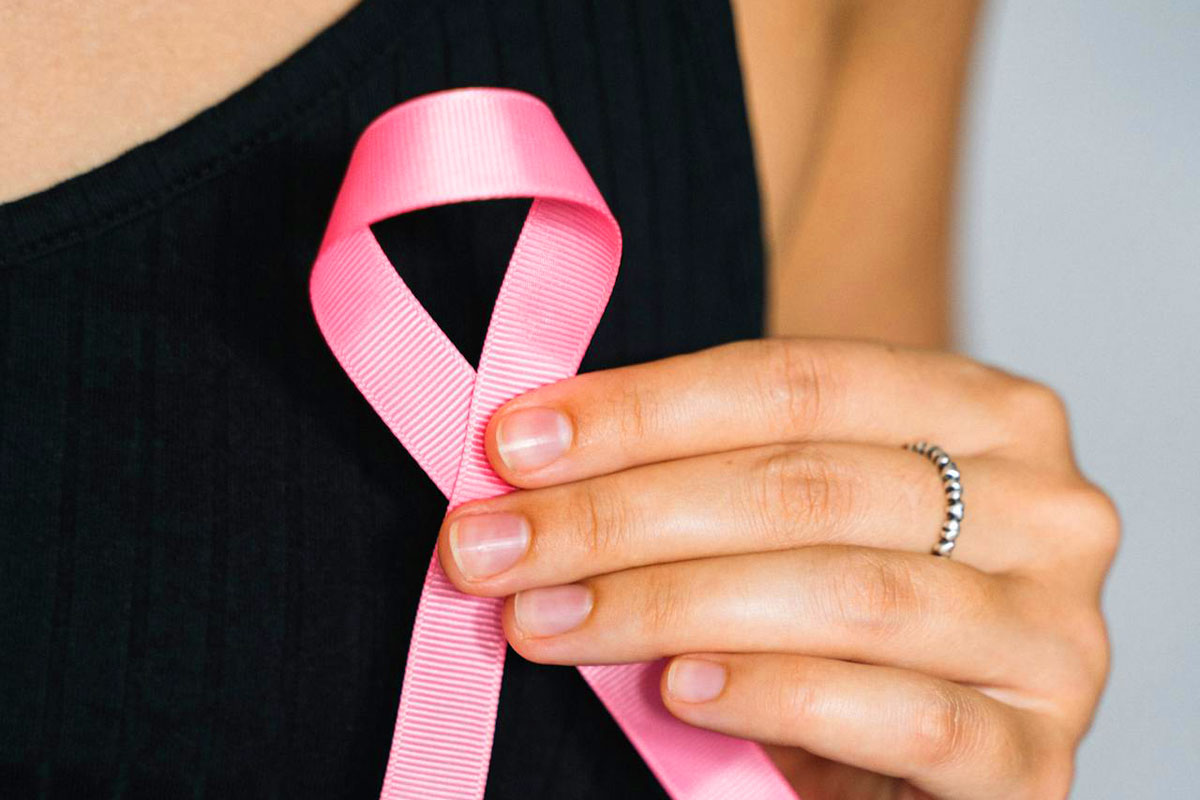Hypertension, commonly known as high blood pressure, is a prevalent condition that significantly increases the risk of heart disease, stroke, and kidney problems. While medications are often prescribed to manage hypertension, numerous non-pharmacological strategies have proven effective in preventing and controlling elevated blood pressure. Embracing these lifestyle modifications can lead to substantial health benefits and may reduce or even eliminate the need for medication in some individuals.
Maintain a Healthy Weight
Achieving and maintaining a healthy weight is paramount in preventing and managing hypertension. Excess body weight places additional strain on the heart and blood vessels, leading to increased blood pressure. Research indicates that even modest weight loss can result in significant blood pressure reductions. For instance, losing as little as 5% of body weight can lead to measurable improvements in blood pressure readings. Therefore, adopting a balanced diet and engaging in regular physical activity are essential steps toward weight management and blood pressure control.
Regular physical activity is a cornerstone of hypertension prevention and management. Aerobic exercises, such as brisk walking, cycling, and swimming, have been shown to lower blood pressure effectively. Engaging in at least 150 minutes of moderate-intensity aerobic exercise per week is recommended. Additionally, recent studies highlight the benefits of isometric resistance training, such as handgrip exercises, in reducing blood pressure. Incorporating a variety of physical activities can enhance cardiovascular health and contribute to blood pressure regulation.
Adopt a Heart-Healthy Diet
Diet plays a crucial role in blood pressure management. The Dietary Approaches to Stop Hypertension (DASH) diet, which emphasizes fruits, vegetables, whole grains, lean proteins, and low-fat dairy products, has been extensively studied and proven to lower blood pressure. This eating plan is rich in potassium, magnesium, and calcium—nutrients that help regulate blood pressure. Reducing sodium intake is also vital; aiming for less than 2,300 milligrams per day, and ideally below 1,500 milligrams, can lead to significant improvements. Incorporating potassium-rich foods, such as bananas, sweet potatoes, and spinach, further supports blood pressure control by counteracting sodium's effects.
While moderate alcohol consumption may have some health benefits, excessive intake is linked to elevated blood pressure. It is advisable to limit alcohol to no more than one drink per day for women and two drinks per day for men. Reducing alcohol consumption not only helps lower blood pressure but also decreases the risk of developing hypertension in the first place. For individuals with existing hypertension, minimizing alcohol intake can enhance the effectiveness of other blood pressure management strategies.
Manage Stress Effectively
Chronic stress is a significant contributor to elevated blood pressure. Implementing stress-management techniques can lead to modest reductions in blood pressure levels. Practices such as mindfulness meditation, deep breathing exercises, yoga, and progressive muscle relaxation have been shown to be beneficial. Additionally, engaging in hobbies, spending time with loved ones, and ensuring adequate sleep are important components of a comprehensive stress management plan. By addressing stress proactively, individuals can improve their overall well-being and support healthy blood pressure levels.
A diet high in dietary fiber is associated with lower blood pressure. Fiber-rich foods, including whole grains, legumes, fruits, and vegetables, not only aid in digestion but also contribute to cardiovascular health. Increasing fiber intake by 5 grams per day has been linked to significant reductions in both systolic and diastolic blood pressure. Incorporating a variety of fiber-rich foods into daily meals can be a simple yet effective strategy for blood pressure management.
Consider Magnesium Supplementation
Magnesium plays a role in blood vessel relaxation and blood pressure regulation. Some studies suggest that magnesium supplementation may help lower blood pressure, particularly in individuals with magnesium deficiency or uncontrolled hypertension. However, it is essential to consult with a healthcare provider before starting any supplementation, as excessive magnesium intake can have adverse effects and may interact with certain medications. Prioritizing dietary sources of magnesium, such as green leafy vegetables, nuts, seeds, and whole grains, is generally recommended.
Although smoking does not cause long-term increases in blood pressure, it significantly raises the risk of heart attack and stroke in hypertensive individuals. Quitting smoking improves overall cardiovascular health and enhances the effectiveness of other blood pressure-lowering interventions. Numerous resources are available to support smoking cessation, including counseling, support groups, and pharmacological aids. Taking steps to quit smoking is a critical component of a comprehensive approach to managing hypertension and reducing cardiovascular risk.
Monitor Blood Pressure Regularly
Regular monitoring of blood pressure is essential for individuals with hypertension or those at risk. Home blood pressure monitors provide a convenient way to track blood pressure levels and assess the effectiveness of lifestyle modifications. Keeping a log of readings can help healthcare providers make informed decisions regarding treatment plans. Early detection of elevated blood pressure allows for timely interventions, reducing the risk of complications associated with uncontrolled hypertension.
Stay Hydrated - Limit Caffeine Intake
Proper hydration is vital for maintaining healthy blood pressure levels. Dehydration can lead to blood vessel constriction, resulting in increased blood pressure. Drinking adequate amounts of water throughout the day supports overall cardiovascular function. While individual hydration needs vary, a general guideline is to consume at least eight 8-ounce glasses of water daily. Monitoring urine color can also provide insight into hydration status; pale yellow urine typically indicates adequate hydration.
Caffeine consumption can cause temporary spikes in blood pressure, especially in individuals sensitive to its effects. It is advisable to monitor caffeine intake and observe how it affects blood pressure readings. Limiting caffeine to moderate levels, equivalent to about one to two cups of coffee per day, is generally considered safe for most individuals. For those experiencing significant blood pressure increases after caffeine consumption, reducing or eliminating caffeine intake may be beneficial.
Get Adequate Sleep
Better sleep is essential for overall health and blood pressure regulation. Sleep deprivation and disorders such as sleep apnea are linked to increased blood pressure and a higher risk of cardiovascular disease. Establishing a regular sleep schedule, creating a restful environment, and addressing sleep disorders through medical consultation can improve sleep quality. Aim for 7-9 hours of uninterrupted sleep per night to support optimal blood pressure levels and overall well-being.
In conclusion, adopting non-drug approaches to prevent and manage hypertension involves a multifaceted strategy encompassing diet, physical activity, stress management, and other lifestyle modifications. By implementing these evidence-based practices, individuals can achieve significant improvements in blood pressure control and reduce the risk of hypertension-related complications. It is important to consult with healthcare professionals before making substantial lifestyle changes, especially for those with existing health conditions or those taking medications.












